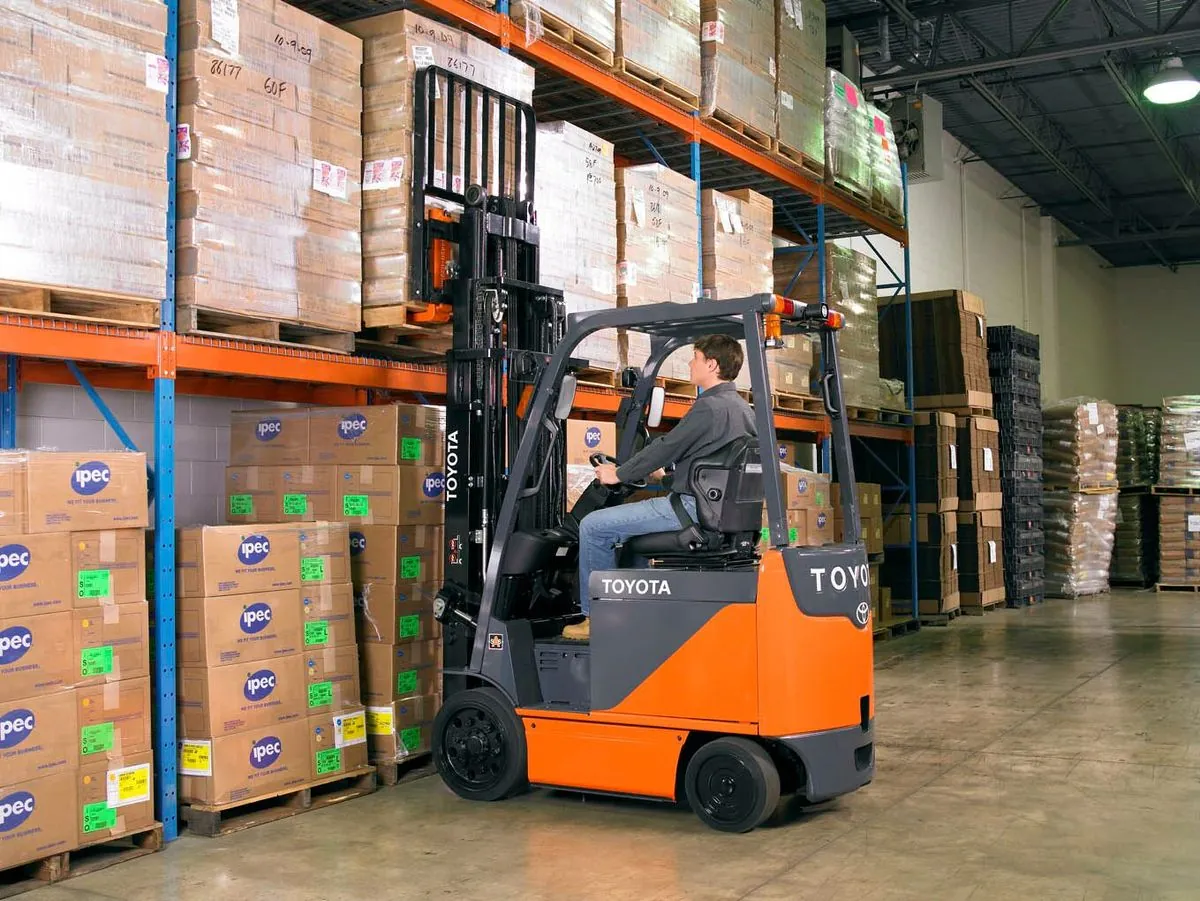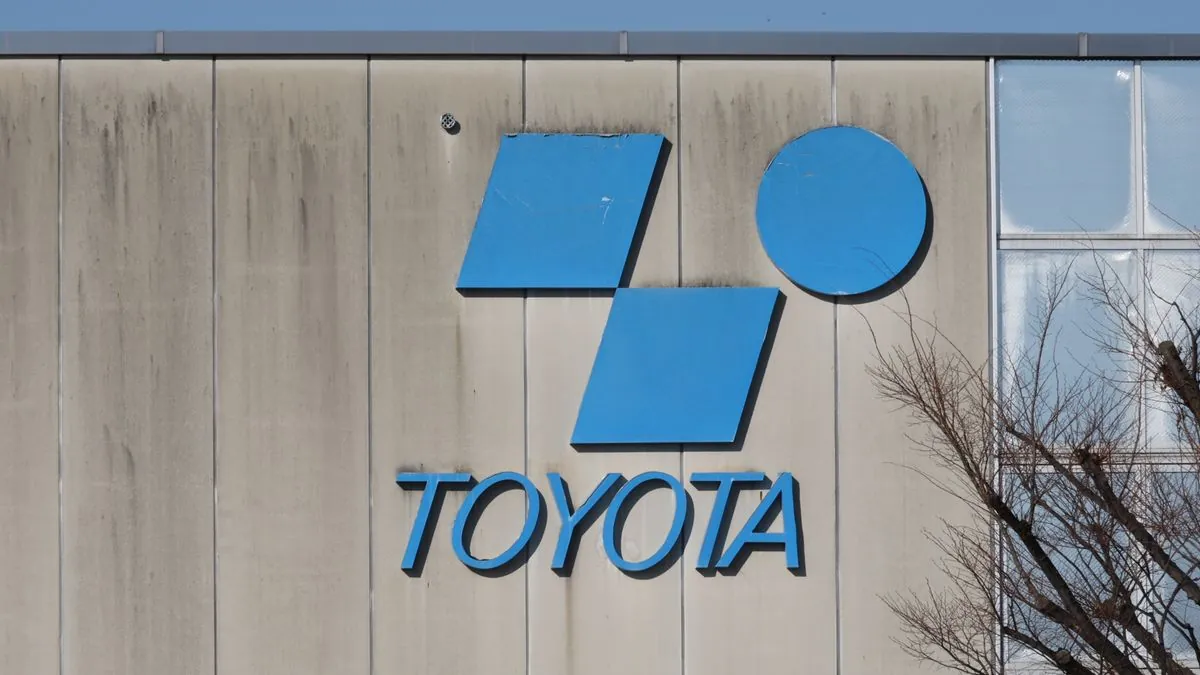Toyota Faces U.S. Lawsuit Over Alleged Forklift Emissions Cheating
Toyota and its affiliate face a class action lawsuit in the U.S. for alleged emissions cheating in forklift engines. The case follows an internal probe that revealed testing irregularities.

Toyota and its affiliate Toyota Industries are facing legal challenges in the United States over alleged emissions cheating in their forklift engines. A class action lawsuit has been filed in San Francisco federal court, accusing the Japanese companies of manipulating emissions tests for nine forklift engine models.
The legal action comes in the wake of an internal investigation conducted by Toyota in January 2024. The probe uncovered instances where software alterations were made or different engines were substituted during emissions testing procedures. These practices allegedly allowed the forklifts to perform better in tests than in real-world conditions.

This lawsuit marks a significant development in the ongoing scrutiny of emissions compliance in the automotive and industrial vehicle sectors. It's worth noting that Toyota Industries Corporation, founded in 1926, is the world's largest manufacturer of forklift trucks, operating in over 200 countries and regions. The global forklift market, valued at $50.9 billion in 2023, plays a crucial role in various industries, from warehousing to construction.
The plaintiffs in the case include Broadmoor Lumber & Plywood, Marders, and Ferraro Foods - companies from California, New York, and New Jersey respectively. They claim they would not have purchased Toyota's forklifts had they known about the alleged emissions non-compliance and performance discrepancies.
"Toyota has tried to limit the damage to Japan, but its toxic culture of fraud, negligence, and noncompliance undermined forklift engine certifications in all markets, including the United States."
The lawsuit seeks unspecified compensatory and punitive damages, as well as full refunds for the affected customers. This legal action follows Toyota's decision to suspend some forklift sales in Japan in March 2023 due to emissions-related issues.
It's important to note that while the U.S. Environmental Protection Agency (EPA) had inquired about these matters, no enforcement action has been taken by U.S. regulators as of September 2024. The EPA, authorized by the Clean Air Act, is responsible for setting and enforcing emissions standards for mobile sources, including non-road machinery like forklifts.
Toyota's internal investigation revealed concerning practices within its engine division. The probe found a "contractor's mentality" and a climate of "trivializing industrial vehicles," which resulted in executives having "low risk sensitivity" to emissions regulations. This insight raises questions about corporate culture and compliance practices in the industrial vehicle sector.
The case, filed under the name "Broadmoor Lumber & Plywood Co et al v Toyota Industries Corp et al" in the U.S. District Court, Northern District of California, highlights the growing importance of emissions compliance across all vehicle categories. As environmental regulations become increasingly stringent worldwide, manufacturers face mounting pressure to ensure their products meet or exceed emissions standards in both testing environments and real-world applications.
This lawsuit against Toyota adds to a series of emissions-related controversies in the automotive industry, reminiscent of the Volkswagen emissions scandal in 2015. As the case unfolds, it may have significant implications for the forklift industry and potentially lead to stricter oversight and testing procedures for non-road mobile machinery emissions.


































